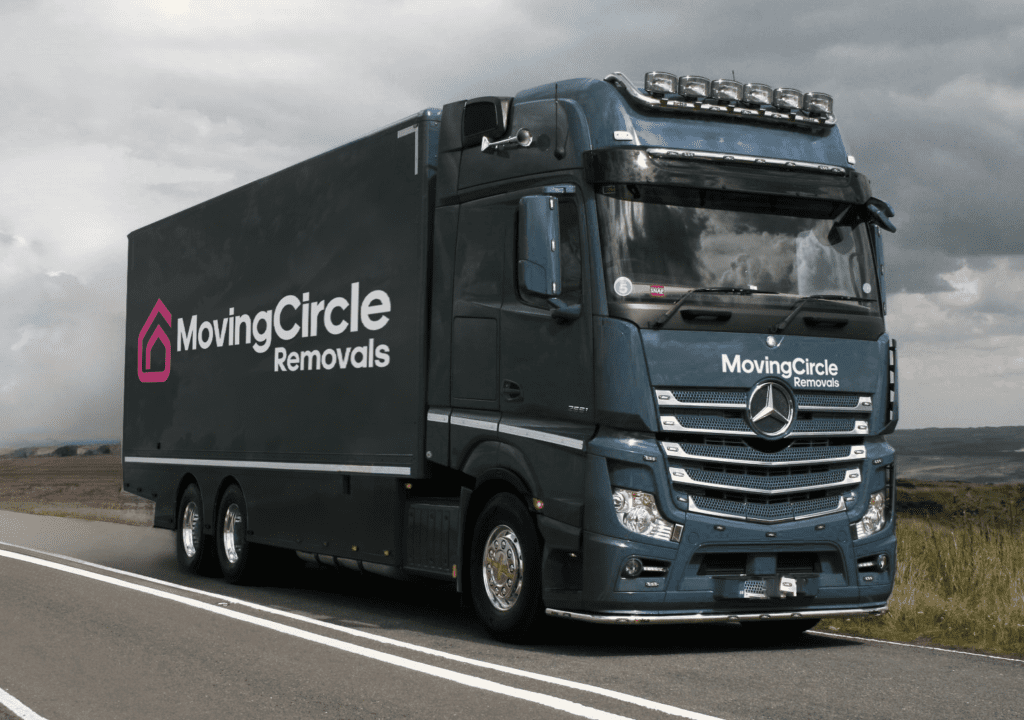Spain has long been a top destination for those seeking to start a new life abroad. With its sunny climate, rich culture, and laid-back lifestyle, it offers an appealing alternative to the hustle and bustle of life in the UK. However, emigrating to Spain involves more than just packing up and moving; it requires careful planning, understanding the Spain immigration process, and navigating Spain visa requirements. At Moving Circle European, we specialize in helping individuals and families relocate smoothly. This guide will cover everything you need to know about emigrating to Spain and starting a new chapter in your life.








